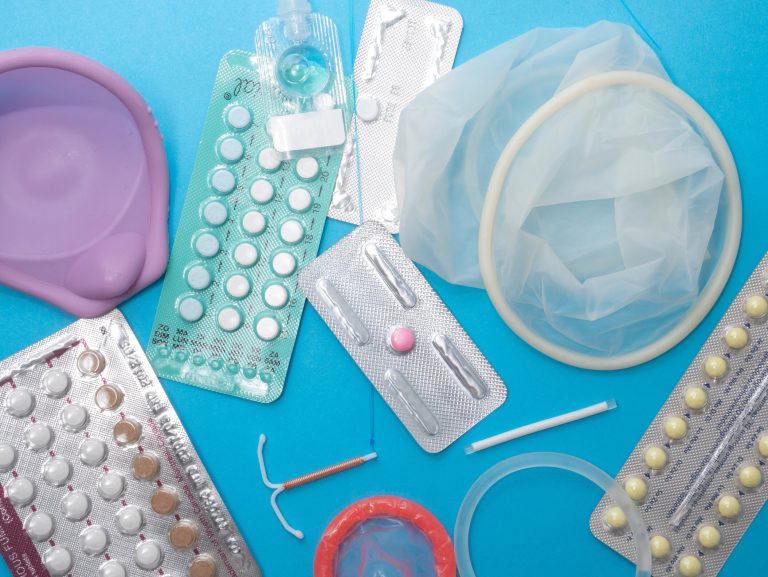Nigeria grapples with a burgeoning population surpassing 200 million, out of which over 46 million are women of reproductive age.
According to a report by Family Planning 2030, the country’s current total fertility rate (TFR) of 5.3 suggests a trajectory that could see Nigeria become the fourth most populous nation globally, reaching an estimated 379 million by 2050.
The nation’s demographic landscape is characterized by youthful vigour, as over 40% of the populace comprises children under 15 years old.
Family planning in Nigeria
- This youth bulge is a consequence of prevailing fertility and mortality patterns.
- A key contributor to this dynamic is the low level of family planning (FP) utilization, exerting a notable influence on fertility patterns and population growth rates.
- Various factors contribute to the low contraceptive prevalence level, such as cultural norms favouring large family sizes, widespread myths and misconceptions about contraception, gender inequality, insufficient access to family planning services, subpar service quality, and insufficient efforts in creating demand.
- Presently, Nigeria’s family planning method mix reveals condoms and injectable contraceptives as the most popular choices.
- The modern method mix predominantly includes condoms, pills, and injectables.
In this featured analysis, Nairametrics delves into the comparative costs of various contraceptives in Nigeria, examining their affordability and effectiveness across different methods and types.
The price comparison
-
Combined oral contraceptive pills
Price range: N400-N40,000
- Combined oral contraceptive pills consist of active pills, comprising estrogen and progestin, taken daily for 21 to 24 days.
- Subsequently, a switch to inactive pills, commonly containing iron and folic acid, is made for 4 to 7 days, facilitating withdrawal bleeding.
2. Emergency contraceptive pills
Price range: N1200-N1500
- Emergency contraceptive pills are intended for use within a window of 72 hours (3 days) to 120 hours (5 days) following unprotected intercourse.
- These pills are not designed for regular, daily contraception but rather reserved for emergencies.
3. Condoms
Price range: N500-N22,000
- Condoms, the sheath-shaped barrier devices, play a crucial role in mitigating the risks associated with unintended pregnancies and sexually transmitted infections (STIs).
- These protective measures are designed for use by both men and women.
4. Contraceptive implants
Price range: N4000-N6500
- Contraceptive implants, known as long-acting reversible contraception, entail the insertion of small, pliable plastic rods beneath the skin of the upper arm, administered by a certified healthcare professional.
- This method effectively prevents pregnancy for a duration spanning 3 to 5 years.
5. Contraceptive injections
Price range: N700-N5,000
- The contraceptive injection functions by delivering progestin, a female hormone, into the bloodstream, effectively preventing pregnancy.
- This method, available in self-injectable or healthcare professional-administered forms, provides a three-month contraceptive solution.
6. Intra Uterine Devices (IUDs)
Price range: N25,000-N307,500
- Intrauterine devices are highly effective contraceptives that can prevent pregnancies for up to 10 years or more.
- The tiny device is inserted into the uterus and the method is reversible.

